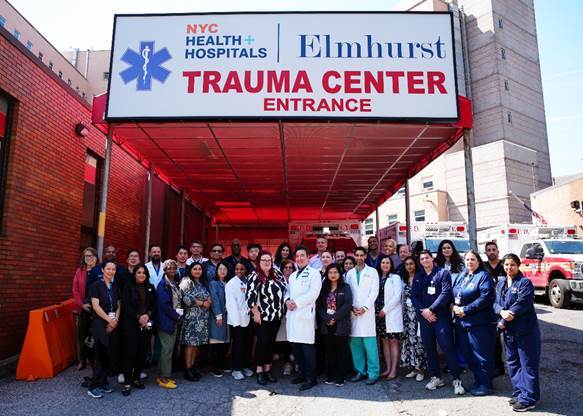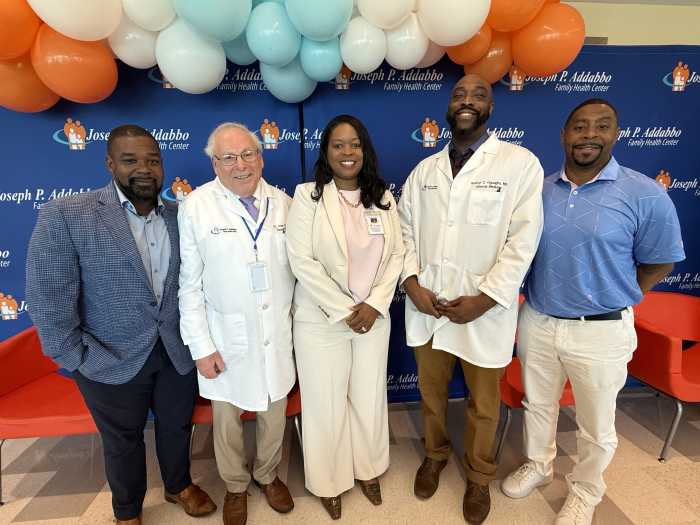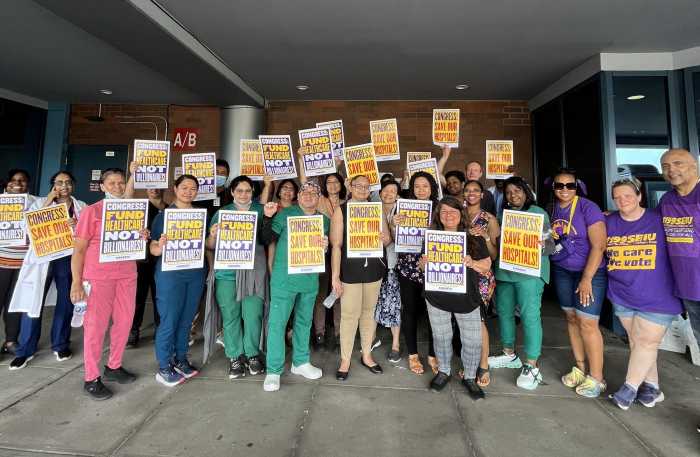(ARA) – Women (and men) wanting to look younger and healthier have so many choices today for cosmetic medical procedures. But the ever-increasing treatment options – combined with varying costs and widespread availability – may leave some consumers overwhelmed, said Dr. Susan Weinkle, president of the American Society for Dermatologic Surgery (ASDS).
That’s not surprising when today’s options include laser treatments, high-tech light devices, chemical peels, dermabrasion, liposuction, lifts, vein treatments, soft-tissue fillers, neuromodulators (Botox) and hair restoration, among others.
The first thing to remember is that cosmetic procedures are still medical procedures, Weinkle said, adding that it’s a popular misconception that certain procedures are easy to perform and risk-free. Serious side effects – such as burns, infections, scars and pigmentation disorders – can occur when consumers visit untrained, unqualified practitioners.
Of course, it makes sense to choose an experienced and qualified physician to perform a cosmetic medical procedure. Not only are ASDS doctors board-certified in dermatology, they have the training and experience to determine the best treatment for each patient’s unique needs. ASDS doctors have pioneered many of the procedures being performed and perfected today.
However, it’s still important for consumers to do a little homework, such as checking a doctor’s credentials and making sure the doctor is on site.
It’s also vital to ask a doctor the right questions before undergoing a cosmetic procedure. Think of it as an interview. To help, the following questions can act as a guide (but feel free to ask any other questions – no matter how minor they may seem):
* What treatment is right for me? In other words, don’t ask the doctor for a specific procedure. Instead, explain the issues that need to be addressed and let the doctor offer the solution. ASDS doctors have extensive experience doing a variety of aesthetic treatments.
* Is the specific laser, device or technique appropriate for my skin type? ASDS doctors know that cosmetic procedures and treatments are not one-size-fits-all. Each patient is evaluated for skin type as part of the initial evaluation.
* How much does it cost? As a rule, almost all cosmetic surgery is considered “elective” and is not typically covered by insurance plans. Although some spas, salons and walk-in clinics offer cosmetic medical procedures at lower prices, Weinkle says consumers should be aware that “these discounted prices could put your health at risk as a result of the provider’s inadequate training and lack of expertise.”
* What should I do to prepare for the treatment? Carefully following the physician’s guidelines before the procedure can greatly impact the final results.
* Have you reviewed my medical history? Information that a patient may think is unrelated to their treatment may in fact play a key role in recovery or the length of a procedure, says Weinkle. Patients should be sure to disclose their specific surgery history, any allergies and any pharmaceuticals, over-the-counter drugs or herbal supplements that they are taking at the time of their procedure.
* What are my pain management and anesthesia options? To help avoid the risks associated with general anesthesia, ask the physician about alternative pain management options. Many techniques that are performed in a physician’s office can be done under local anesthesia, eliminating some side effects such as nausea and headaches that often accompany general anesthesia. Using a short-term local anesthesia may also eliminate complications that are sometimes related to general anesthesia, including allergies and heart problems.
* What are the risks? Discuss the potential side effects of the proposed treatment, how often they occur and how they will be handled if they do occur.
* What should I expect after the procedure is performed? Besides a discussion about the short-term and long-term effects, activity restrictions and the expected recovery period, doctors should share before-and-after photos of previous patients and discuss realistic expectations.
To download a pre-cosmetic surgery interview questionnaire or for more information on cosmetic skin procedures and a referral to ASDS doctors, visit www.asds.net.




































